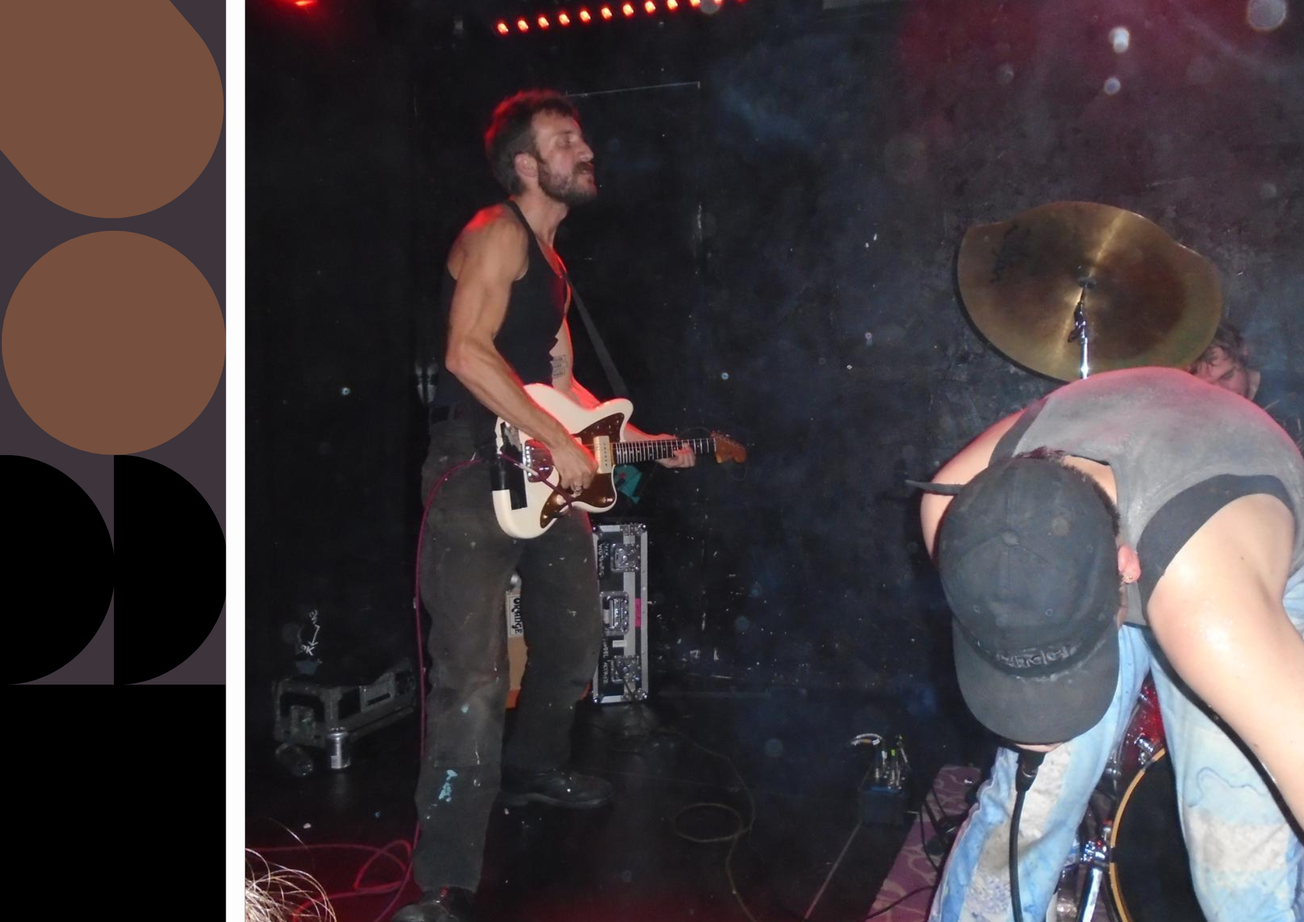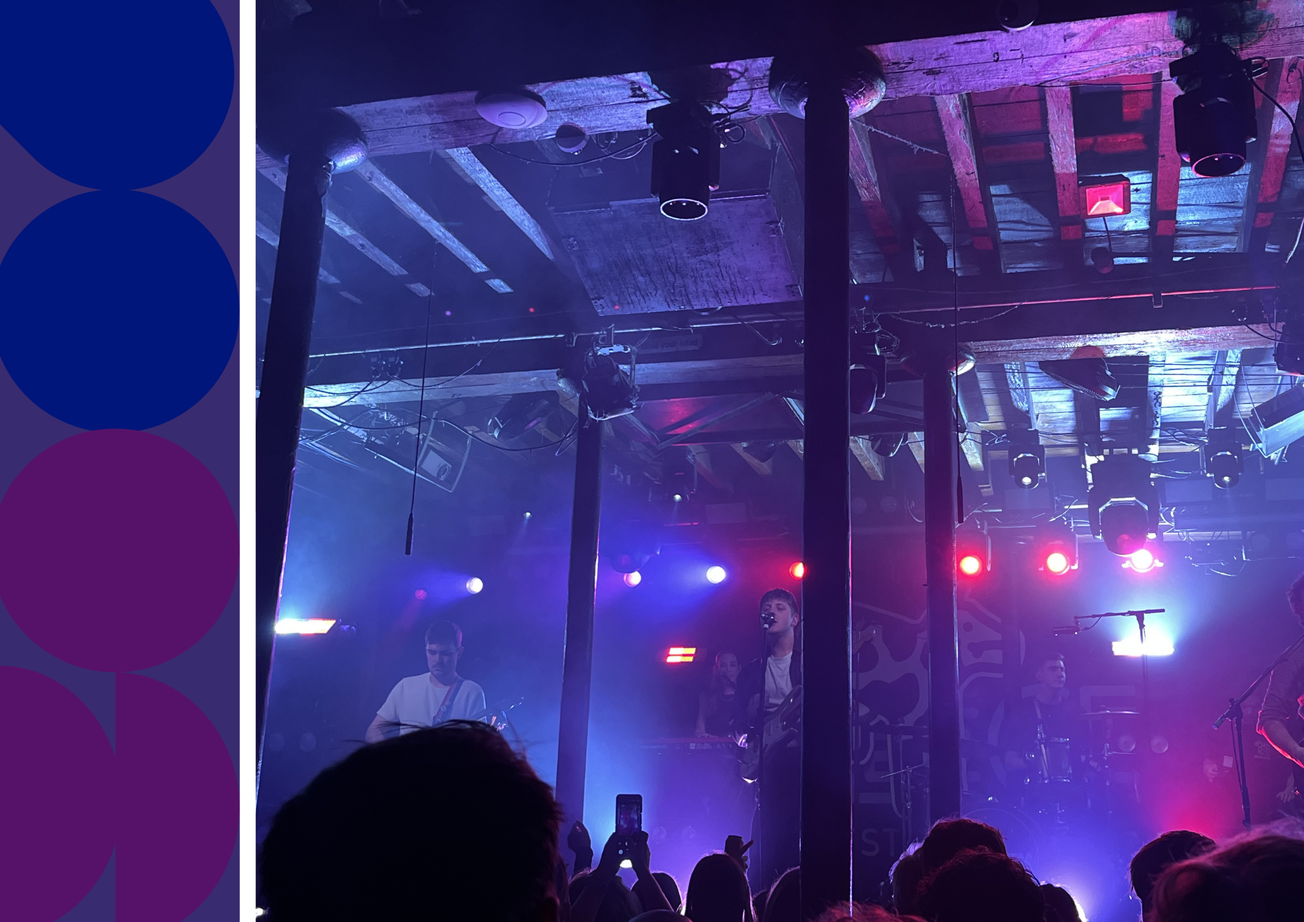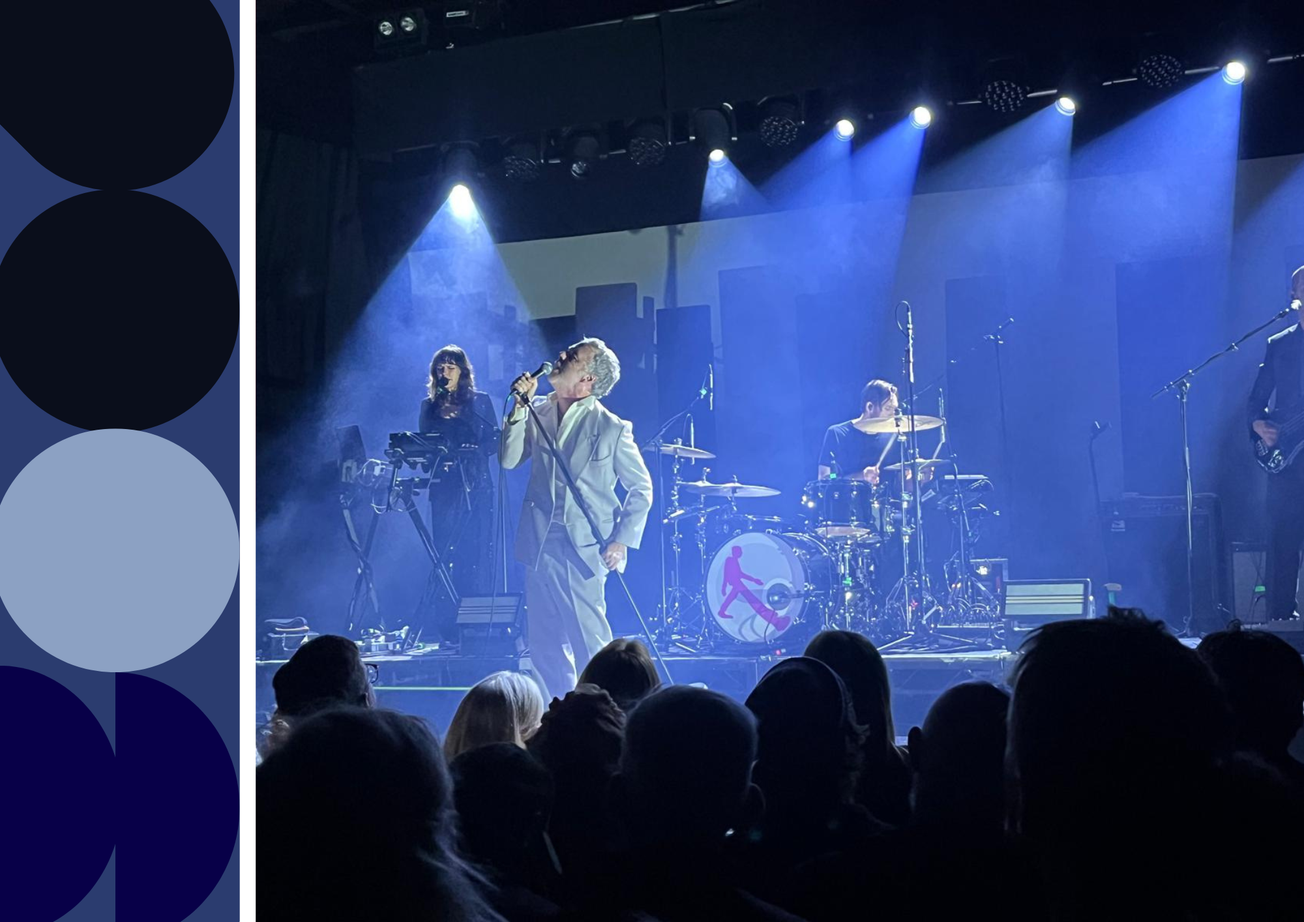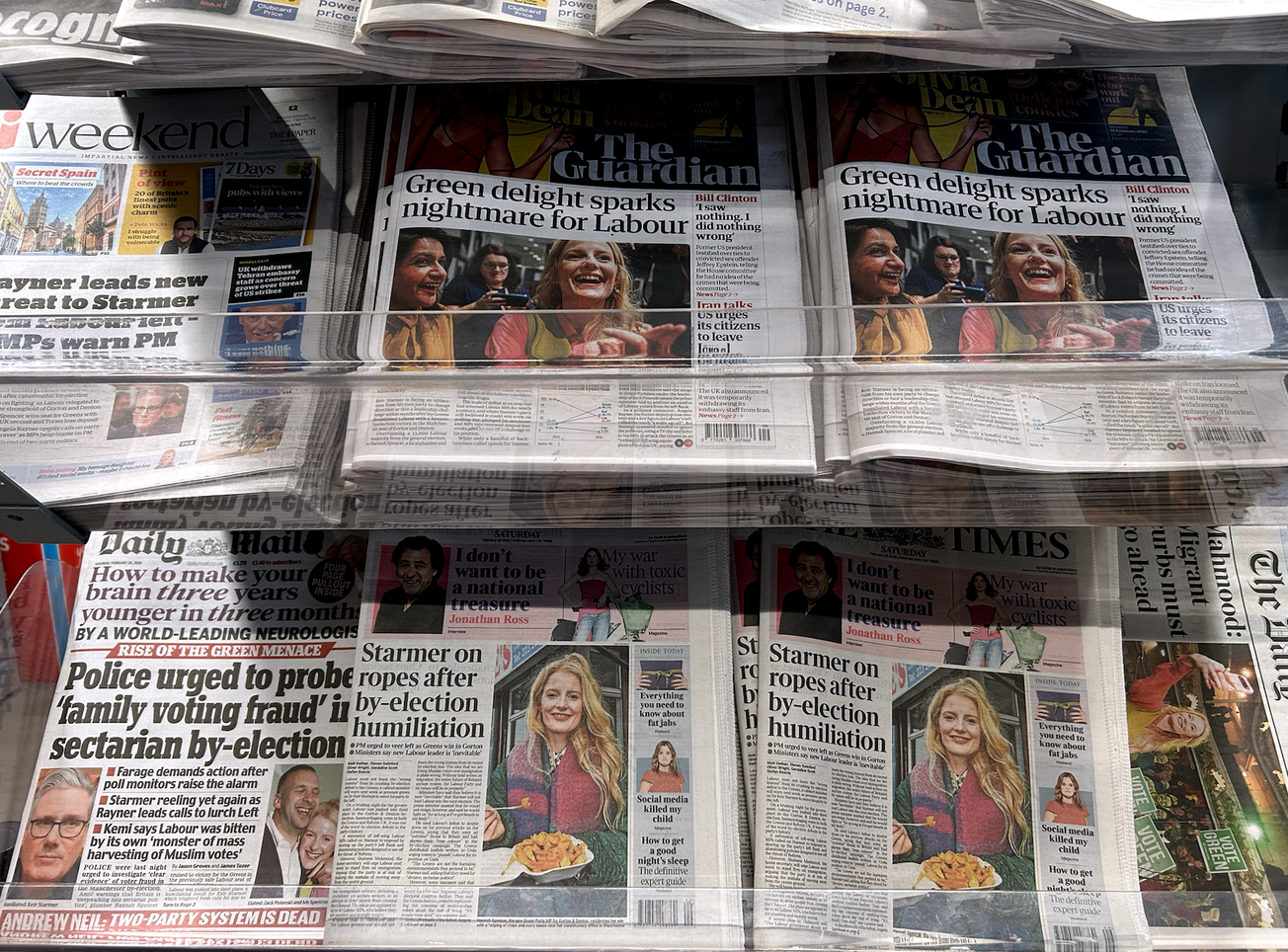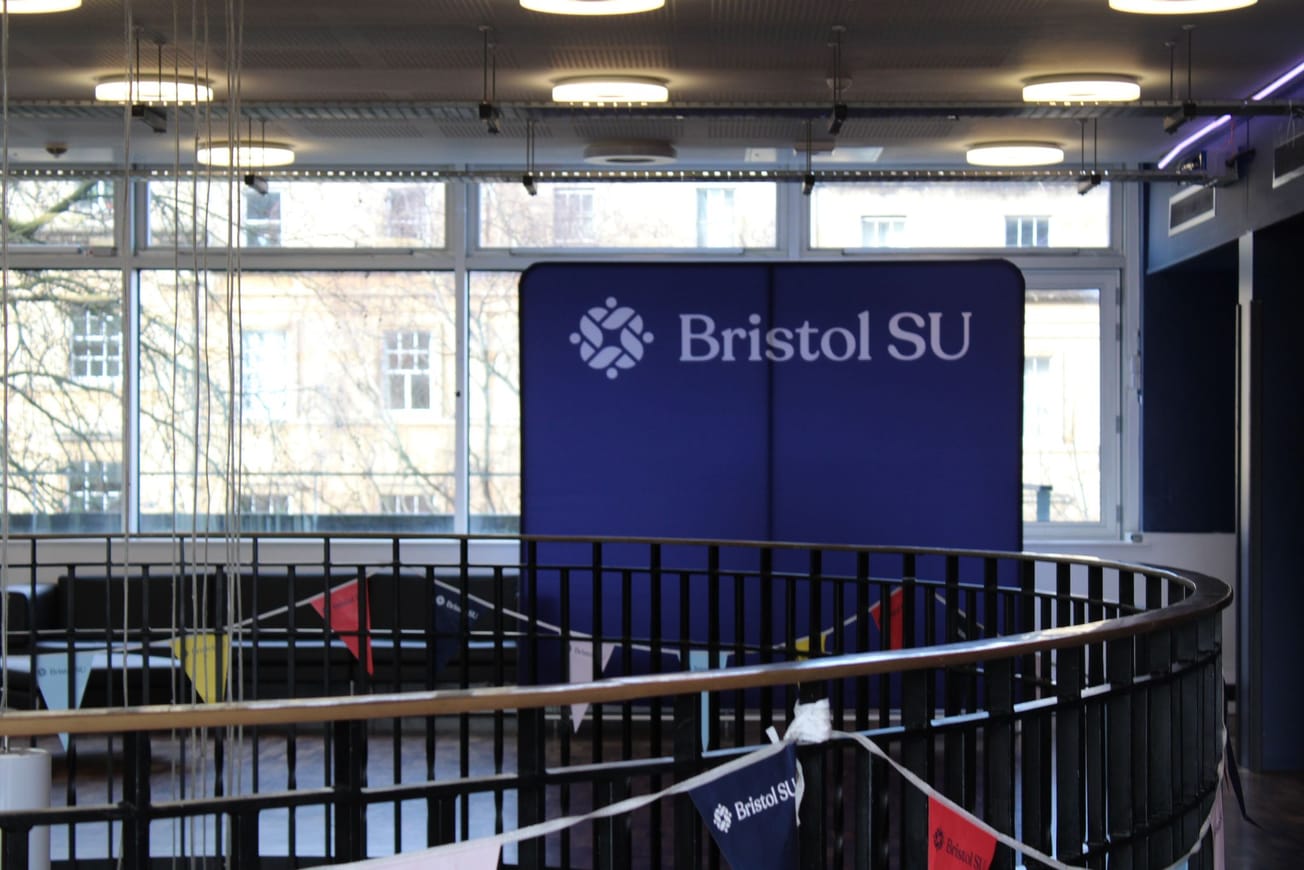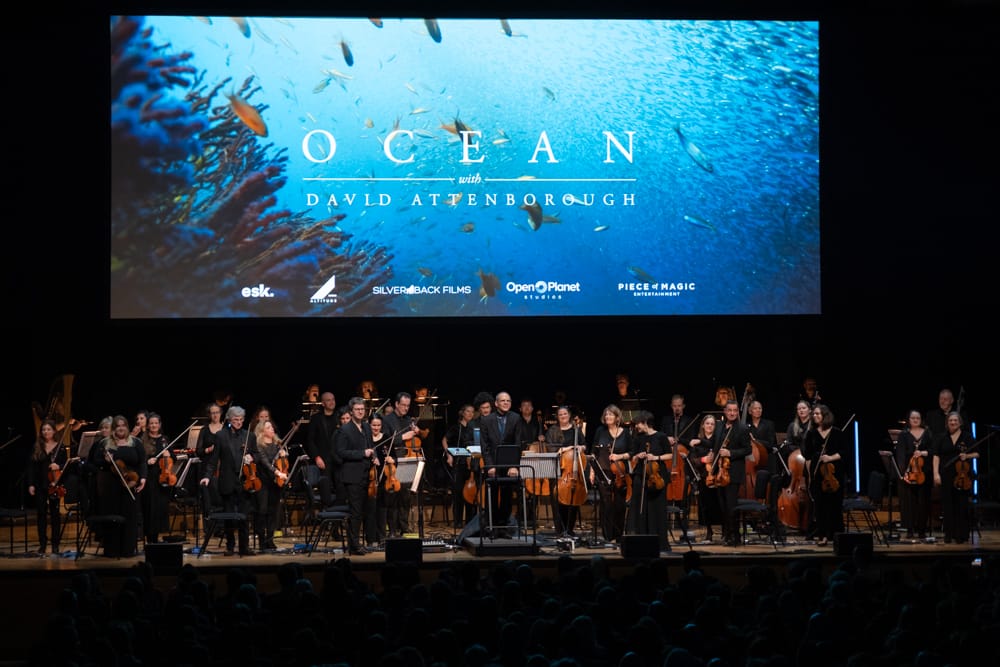By Abbie Holmes, Second Year English
Bristol has enjoyed its fair share of fame in the grassroots scene. Offering a launchpad for new genres and fresh acts to come to the stage, what will happen to the future of this ever-evolving culture now that it's facing increasing threat in the modern day?
As the 1960s came to a close, the final members of the Windrush Generation would reach our shores. With the promise of citizenship under the British Nationality Act (1948), just under 600,000 individuals found themselves in the UK. The Windrush Generation is most commonly associated with those from Caribbean heritage. With the Caribbean, came Reggae.
It is with this blend of cultures that Bristol found itself a hub for eclectic music. Pair this with the growing Punk Movement, and a scene founded in politics, culture, and community was born.
The music scene in Bristol was, and remains, just as much about identity as sound. As a sound system culture began to emerge throughout the 70s, the scene faced massive hindrance with over policing and the impounding of equipment. It was the St. Pauls riots of 1980 that caused this to come to a head.
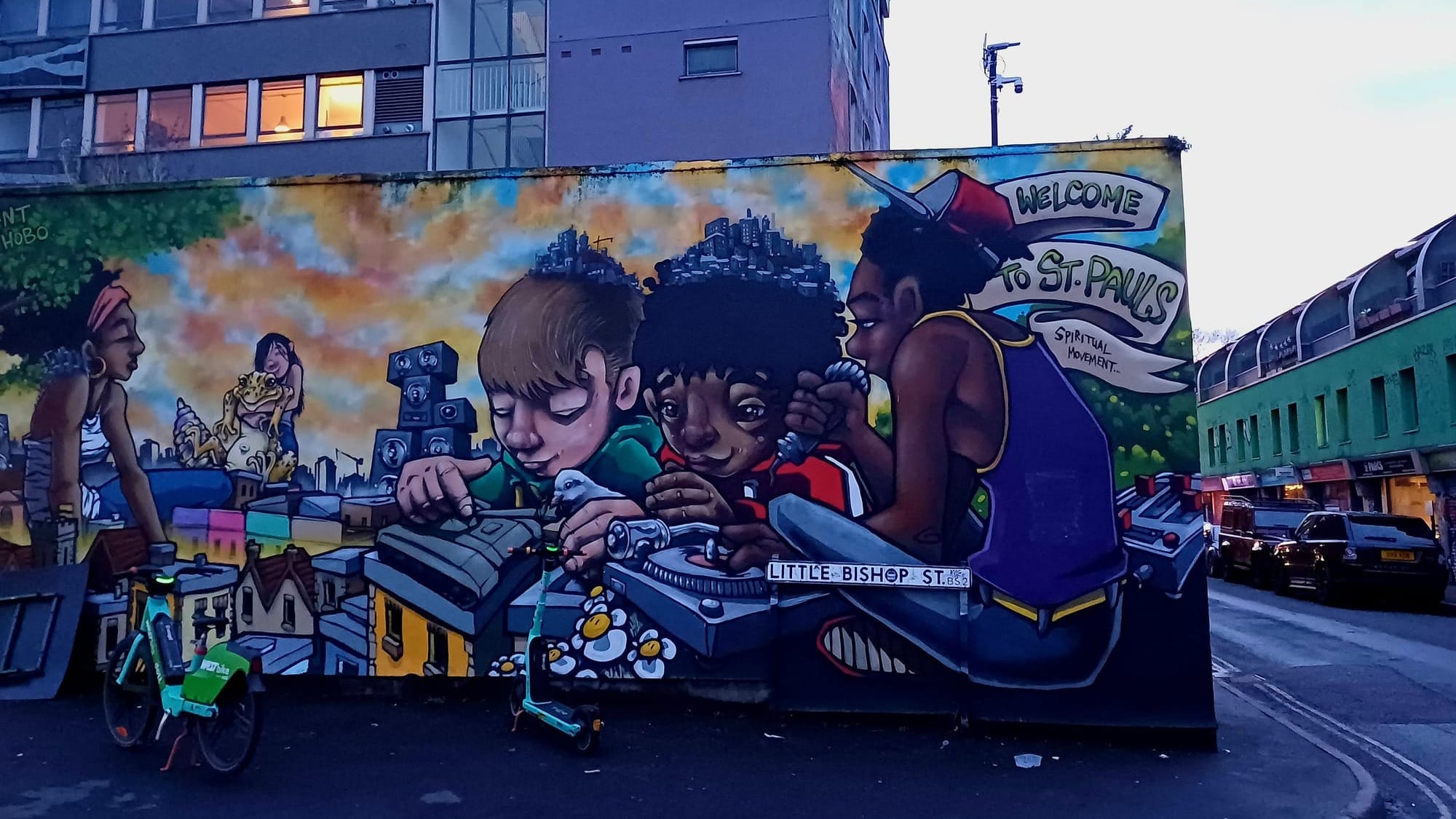
“Bristol was the first city that rioted in the ’80s – and it rioted for a reason, because St. Pauls was being starved of resources, there was a ‘sus law’ and there was a lot of heavy stuff going on,” he explains. “[After the riots], rather than have the sound system impounded, and the equipment destroyed, which happened up until the riots, The Wild Bunch and other sound systems from the mid-‘80s onwards were allowed to kind of get on with it.”– Richard King for Huck Magazine 2016.
The early 80s would lead to the creation of The Wild Bunch, one of the most recognised sound systems, active between 1983 to 1989. It was within this collective that four musicians came to create arguably the most renowned group to come out of Bristol.
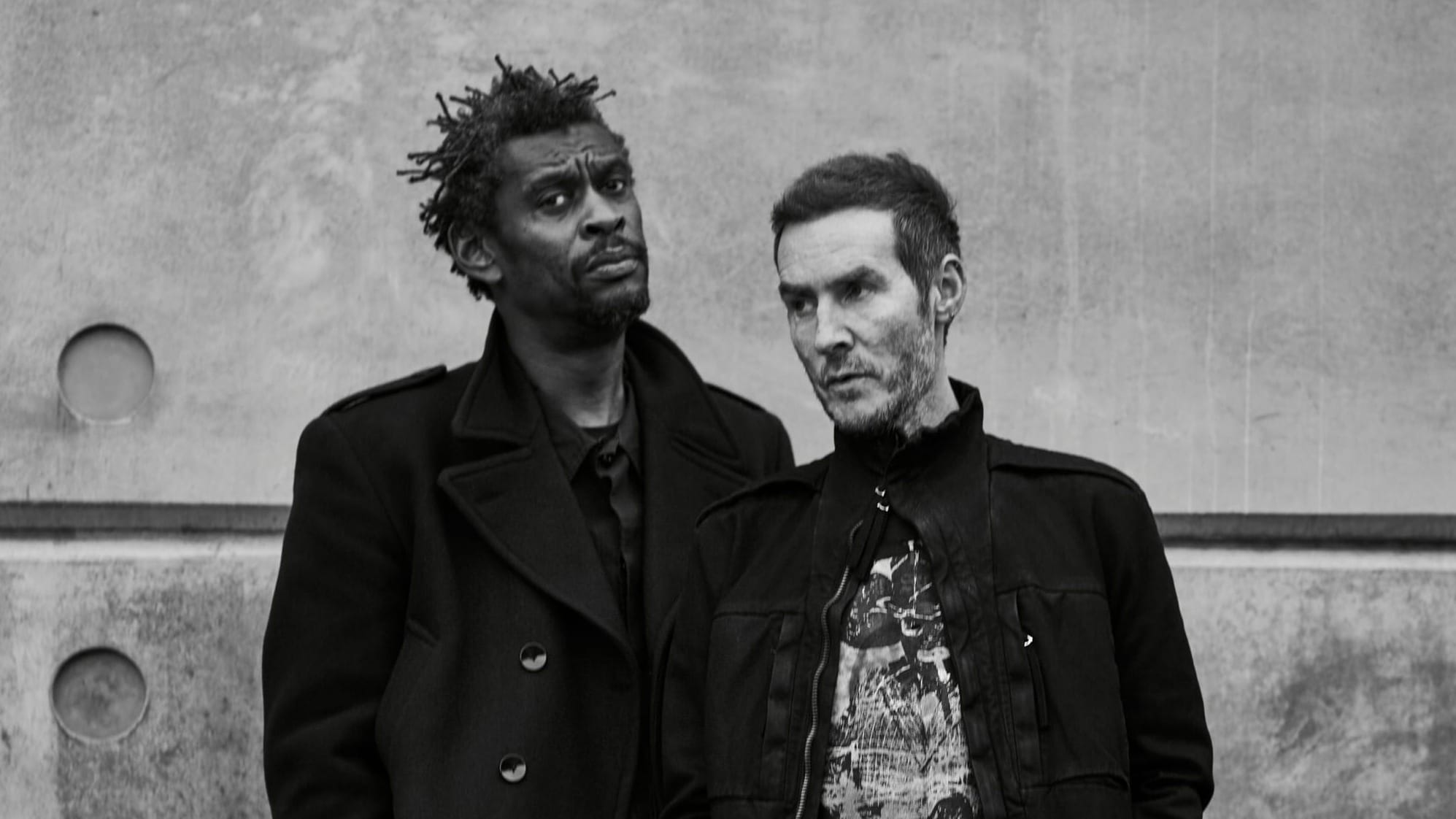
Massive Attack formed in 1987, releasing their first album Blue Lines in 1991, which is generally considered to be the first of the ‘trip-hop’ genre. Trip hop came to be fundamental to the Bristol sound, a stylised strand of hip hop that incorporated rave and psychedelic elements.
Though the scene was evolving, its roots remained firmly grounded in politics. Massive Attack have been fundamental to the cultural recognition of the intertwinement of art and politics, continuing their opposition to the status quo even in the light of criticism.
“[Critics] deem things to be offensive — songs, movies, words, phrases — when what’s really offensive is bombs and bullets.”- Robert Del Naja (founding member of Massive Attack), for Journeys in Artistry, 2003.
The mainstream did not cater this broader range of sound, but that was exactly why it worked so well in Bristol. As sound system culture began to die out in London, it only continued to thrive here.
“Our eyes roll back and we beg for more/ It frays this skin and then underscore/ The case for war you spin and bleed/ The sales you feel screensavers feed.” – Massive Attack, False Flags.
Bristol as a cultural hub is known for shining in the cracks of the city, not necessarily in large commercial venues. The authenticity is seemingly what has allowed it to survive for this long - the likes of Cosies and The Louisiana remain open to this day, a testament to the intimate community.
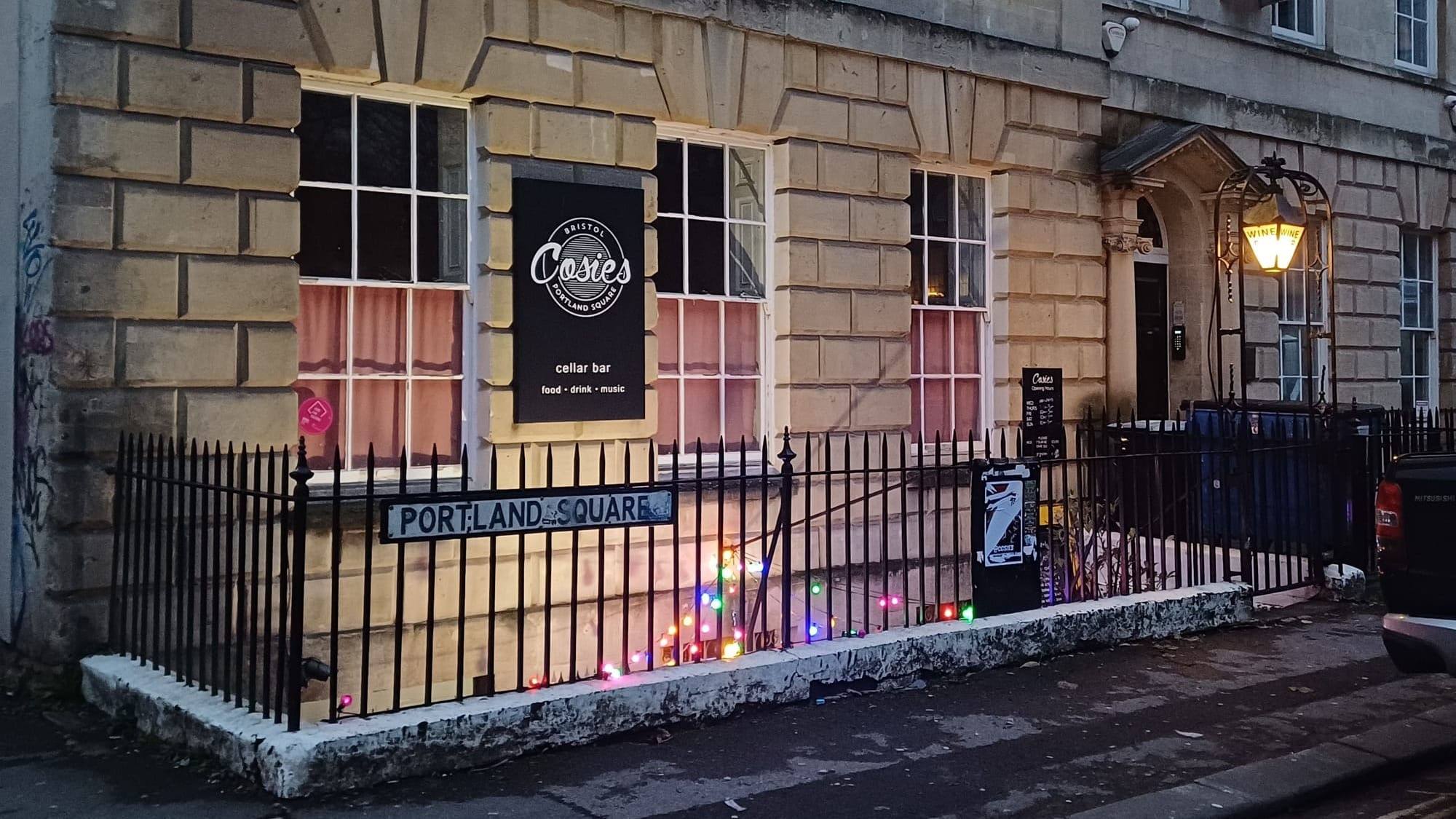
40 years from its glory days, music venues have faced a new age of suppression. Our cities seem to be getting quieter. It is no secret that the death of Britain’s nightlife has become a national disaster.
Since the COVID lockdown of early 2020, the thriving venues that were once the core of our communities have been closing at a rapid rate. With approximately 3 venues shutting their doors each week, The Night Time Industries association has given us a day zero. If the problem is not treated, we face a loss of all major night-life venues by December 31st, 2029.
There’s an eeriness in the in-betweens of city centres and small towns nowadays. Though cities are surviving on the wealth of diasporas, with the likes of commuters and students, that wealth only seems to stretch so far.
With locals getting priced out of the communities they built, it seems a near miracle that Bristol’s underground scene hasn’t died out entirely.
On first glimpse, the future of Bristol’s music scene seems bleak. In just the couple years that I’ve lived here, the consistent closing of venues has become a running joke. If the likes of Motion, declared by some to be one of the best clubs in the world, isn't immune, what hope do smaller venues have?
But Bristol seems determined to fight back. The Bristol council is hoping to be the first UK city to introduce a £1 ticket levy to support the local music scene, ensuring that venues get a direct cut of profit from tickets sold. 93% of locals are in favour of the move, and it’s received massive support from the wider industry.
Bristol at its core is a distinctly political and cultural city. Here's to hoping that a scene which wholly embraces and embodies this will not go out without putting up a fight.
Featured Image: Benji ChapmanWhich music venue do you hope keeps its doors open?

